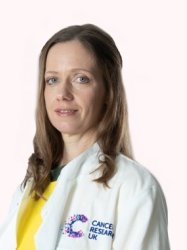BibTex format
@article{Chajes:2017:annonc/mdx482,
author = {Chajes, V and Assi, N and Biessy, C and Ferrari, P and Rinaldi, S and Slimani, N and Lenoir, GM and Baglietto, L and His, M and Boutron-Ruault, MC and Trichopoulou, A and Lagiou, P and Katsoulis, M and Kaaks, R and Kuhn, T and Panico, S and Pala, V and Bueno-de-Mesquita, HB and Peeters, PH and van, Gils C and Hjartåker, A and Standahl, Olsen K and Borgund, Barnung R and Barricarte, A and Redondo-Sanchez, D and Menéndez, V and Amiano, P and Wennberg, M and Key, T and Khaw, KT and Merritt, MA and Riboli, E and Gunter, MJ and Romieu, I},
doi = {annonc/mdx482},
journal = {Annals of Oncology},
pages = {2836--2842},
title = {A prospective evaluation of plasma phospholipid fatty acids and breast cancer risk in the EPIC study},
url = {http://dx.doi.org/10.1093/annonc/mdx482},
volume = {28},
year = {2017}
}

